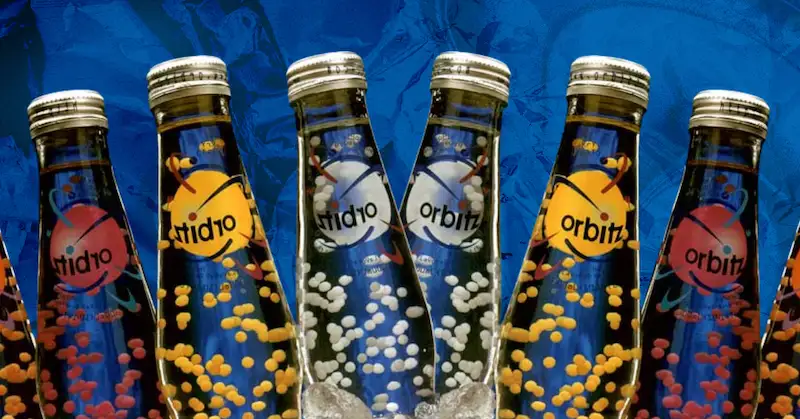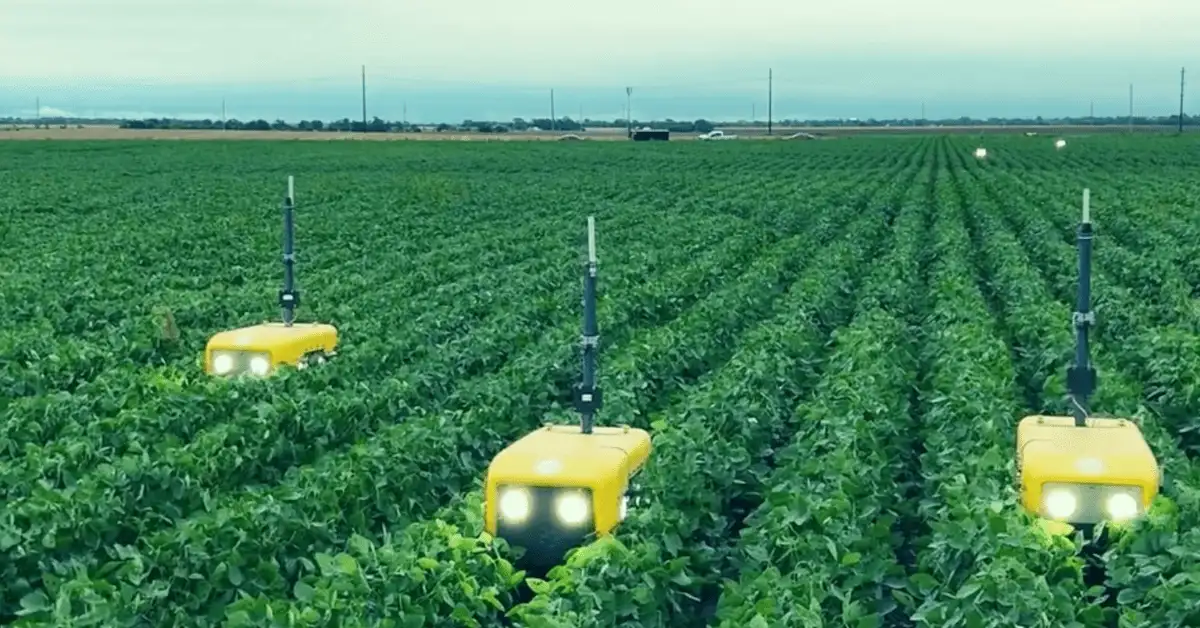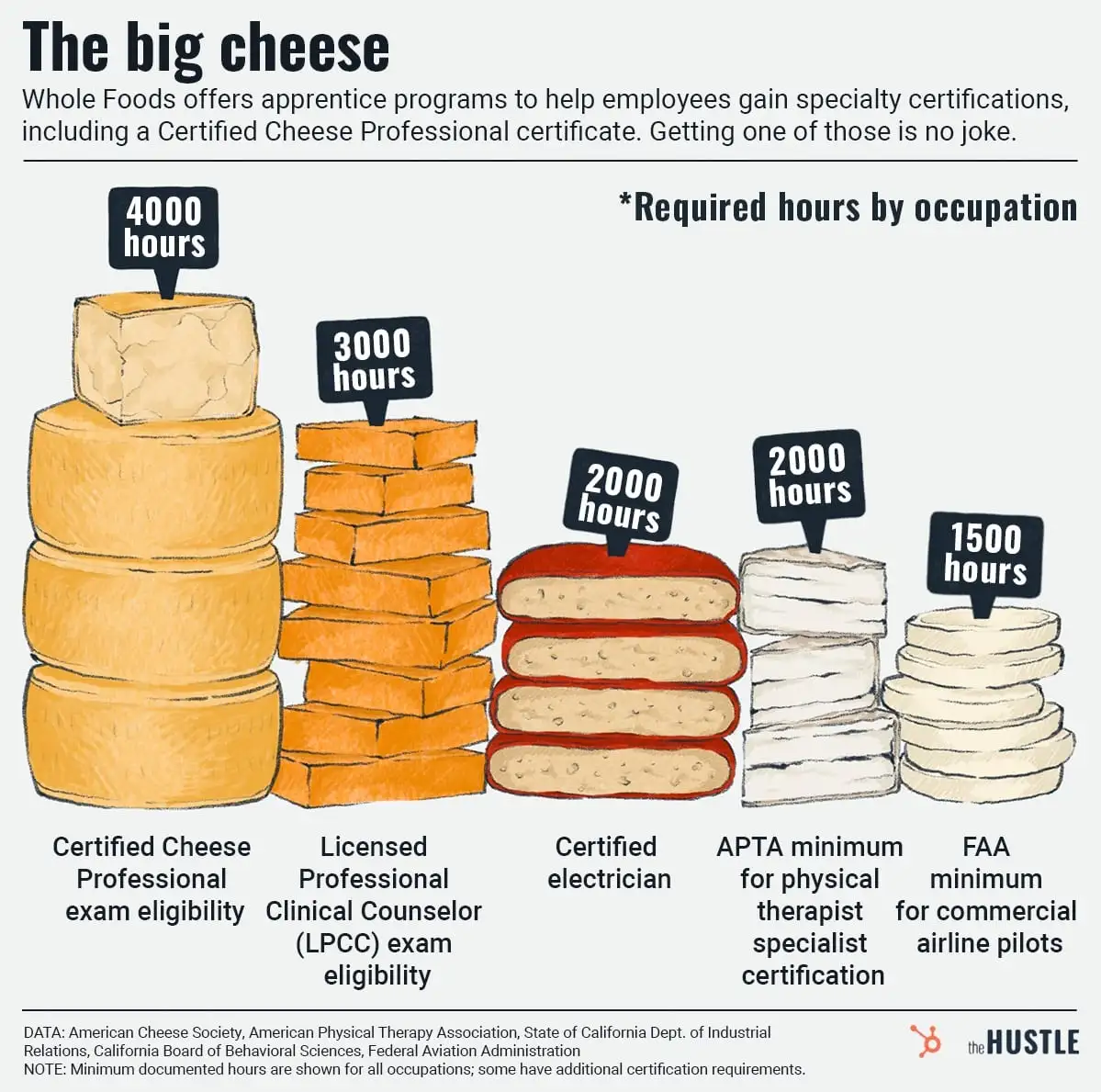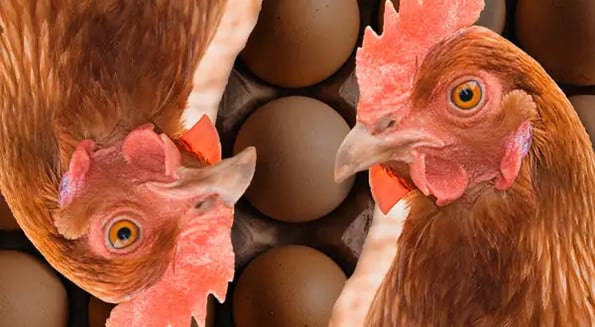
Is regenerative agriculture egg-zactly what the planet needs?
Eggs made by chickens grazing on organic soil are storming the $6B+ egg industry.
Published:
Updated:
Related Articles
-

-

Why, though? A beverage you can chew
-

The $5m lawsuit over a missing jack-o’-lantern face
-

Hungover? Burger King’s facial recognition tech has a deal for you
-

Chipotle’s love of robots continues with autonomous farming
-

A latte to think about: Coffee is coming home in 2024
-

Food brands are cooking up new offerings to pair with weight loss drugs
-

A sci-fi McDonald’s appears in Illinois
-

Career development could be an ace up Whole Foods’ sleeve
-

Baby food for adults was just as sad as it sounds

